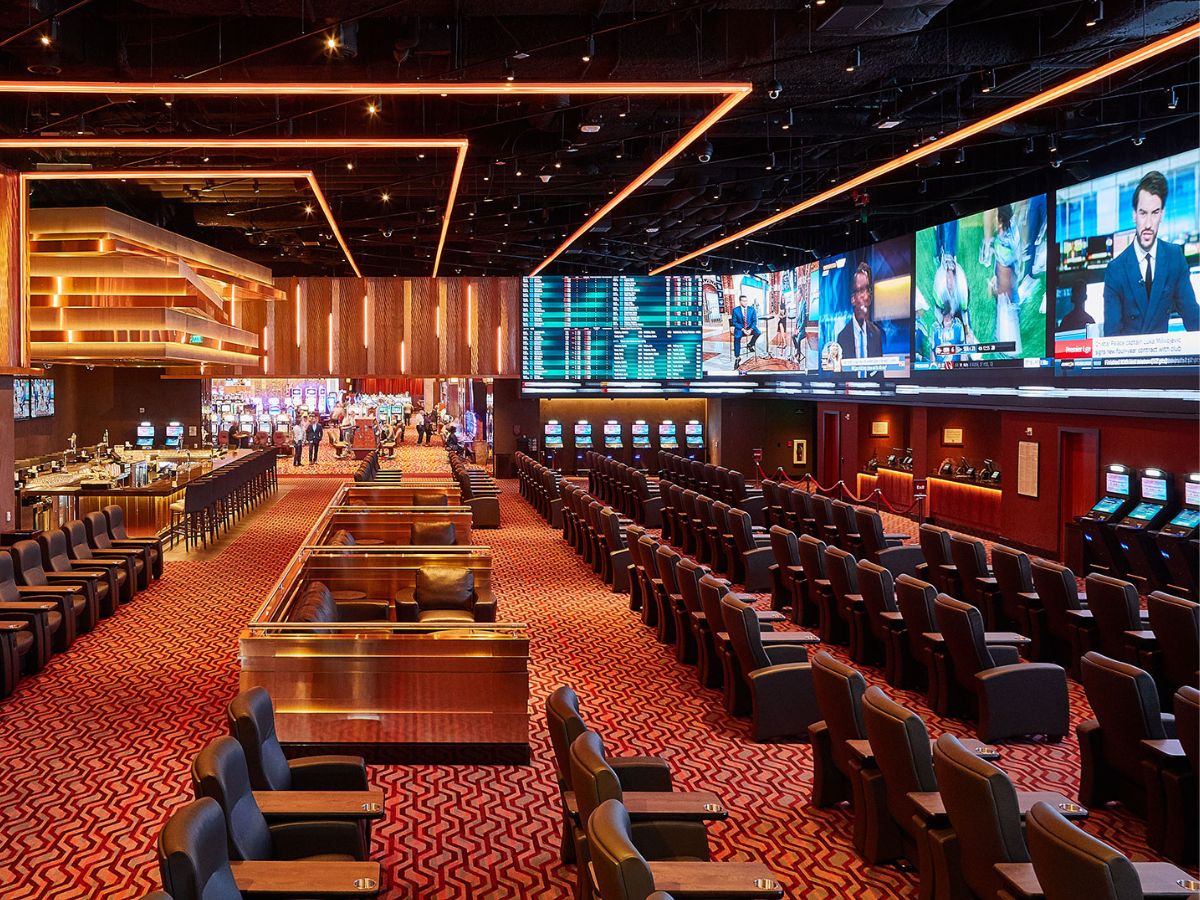Casino games have long been a captivating entertainment option, drawing countless of players from different cultures around the globe. From the glitzy casinos of Vegas to the bustling gambling halls of the Cotai Strip, these games serve as a common thread that connects people across a variety of backgrounds. The allure of chance, strategy, and risk entices not only those seeking to win money but also those looking for a shared experience.
The significance of casino games extends well beyond the gaming floor. They often embody the cultural standards and traditions of the societies in which they prosper. Games such as Texas hold ’em, pontoon, and the wheel game have woven themselves into the mosaic of mainstream culture, influencing various aspects from films to fashion. As we explore this captivating intersection of gambling and society, we can comprehend better how casino games shape and are influenced by the world around us.
Historical Progression of Gambling Activities
The beginnings of casino games can be followed back to historical civilizations, where betting in different forms was widely engaged in. Jun88 bet In Ancient China, around two thousand three hundred years before Christ, a form of gambling known as Keno was well-known, while in historic the Roman Empire, soldiers would frequently gamble on the consequences of their contests. The idea of using chance for amusement and income progressed over the centuries, leading to the formation of more structured games. By the late Middle Ages, gambling houses began to emerge in Europe, notably in Italy, which introduced early forms of popular games still played today.
As gambling gained popularity in European regions, the 17th and 18th centuries saw the appearance of casinos as exclusive establishments for betting. The first official gaming venue, the Ridotto, was founded in the Venetian city in the year 1638, providing activities like Baccarat games and the game Faro. This era marked a significant turning point, as casinos began to attract not just the high society but also the burgeoning middle class. The refinement of activities grew, leading to the creation of new guidelines and versions that enriched the gaming experience.
In the 19th century, the era of industrialization and transformations in societal conventions further transformed the environment of gambling games. The arrival of the game of roulette and contemporary gaming machines drew a more diverse clientele, and casinos became seen as acceptable recreation. This period witnessed the globalization of gaming, as casinos spread from the continent to the New World, culminating in the creation of the famous Strip of Las Vegas in the 20th century. The development of gambling activities has persisted into the present day, incorporating technology and digital services, making them accessible to a universal population.
## Cultural Relevance in Various Cultures
Casino games have profound cultural and social significance in many communities throughout the planet. Places like Las Vegas, the very fabric of the city is woven around gambling establishments, where gambling is not just a hobby but a fundamental aspect of entertainment and community interaction. The vivid lights and dynamic atmosphere attract a vast audience, showcasing how games of chance can influence local economical structures and cultural identities. This surrounding transforms the notion of relaxation into an enriching encounter that influences fashion, music, and even cinema.
In contrast, some communities approach wagering with greater care, considering it through the lens of ethical beliefs and heritage. A case in point, in various Eastern cultures, games like Mahjong and Pai Gow are steeped in history and have significant social implications. These games are often played during get-togethers and occasions, fostering community bonds and solidifying family ties. The act of engaging in these games goes above mere amusement, reflecting principles such as respect for elders and the significance of shared enjoyment.
Meanwhile, in Western countries such as Monte Carlo and the Italian Peninsula, casino games serve as symbols of wealth and sophistication. The elegant atmosphere of these establishments attracts both travelers and residents, upholding a sense of distinction and elitism. The art of poker and the strategic features of games like the game of baccarat are appreciated, shaping community relationships and cultivating an attraction that enthralls a diverse audience. This highlights how gambling can both mirror and mold cultural attitudes towards hazard, benefit, and social interaction.
Economic Impact and Travel Industry
Casino games play a crucial role in the financial context of many regions, particularly those that rely heavily on visitor traffic. The revenue produced from gambling establishments fuels local economies, creating jobs not only within the casinos themselves but also in related sectors such as hospitality, restaurant services, and recreation. This influx of tourists, drawn by the attraction of games and the overall casino experience, stimulates expenditure across multiple local enterprises, contributing to the economic vitality of the area.
The presence of casinos often leads to the development of infrastructure, including lodging, public transit, and recreational facilities. These improvements are essential in improving the overall visitor satisfaction, making destinations more appealing to tourists. Additionally, many casinos contribute in local communities through sponsorship of events and charitable activities, further integrating themselves into the social fabric of the locality. Such contribution not only supports economic growth but also cultivates a positive image of the casino industry.
Furthermore, the worldwide appeal of casino games drives tourism competition, with regions vying to attract players from around the world. Iconic locations like Las Vegas and Macau have become synonymous with casino culture, drawing millions annually. This advantage encourages innovation and variety within the gaming industry, influencing developments in leisure and accommodation that extend beyond their limits. The consequences of this tourism extend far, impacting local financial health and cultural interactions on a worldwide scale.
